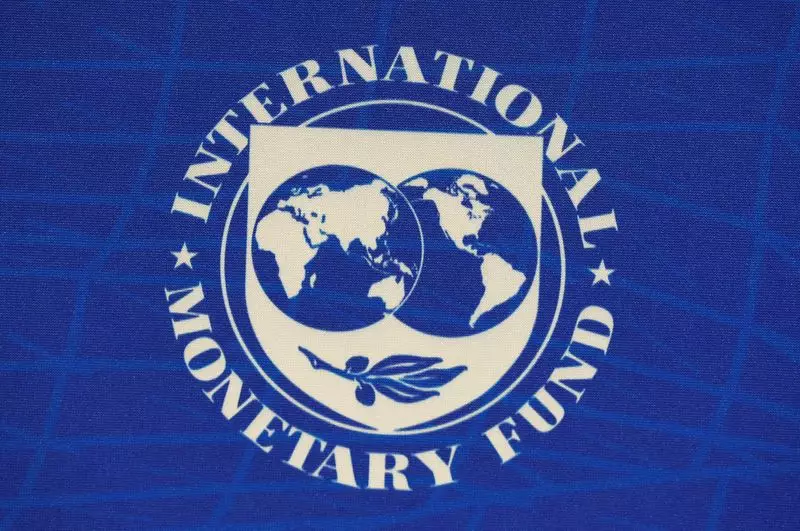Pakistan’s coalition government is gearing up to announce ambitious fiscal targets in the upcoming 2024/2025 budget. The budget, set for July-June, is crucial in strengthening Pakistan’s case for securing a new bailout deal with the International Monetary Fund (IMF). As the economy faces challenges, officials and analysts anticipate significant measures to bridge the revenue-expenditure gap and address the country’s slow growth rate.
Pakistan is currently engaged in negotiations with the IMF for a financial package ranging between $6 billion to $8 billion to prevent a default. With the economy experiencing its slowest growth in the region, the country narrowly avoided a default last year with a short-term IMF bailout of $3 billion. While fiscal and external deficits were managed, there was a notable decline in growth and industrial activity, accompanied by high inflation rates averaging close to 30% in the last financial year.
The government is aiming for a higher growth target of 3.6% for the upcoming year, compared to 2% this year and economic contraction in the previous year. Prime Minister Shehbaz Sharif has emphasized the need for tough reforms following his election in February. However, challenges persist, with issues such as high prices, unemployment, and a lack of job opportunities creating political pressure on the coalition government.
Standard Chartered, in a recent report, highlighted the difficulty of implementing IMF-prescribed measures, including broadening the tax base and implementing power tariff hikes. The complex political landscape, combined with resistance to structural reforms in key sectors, poses hurdles for the government. Concerns over the potential backlash from the public regarding stringent fiscal measures have also been raised by local stakeholders.
The upcoming budget will serve as a pivotal test for Finance Minister Muhammad Aurangzeb, tasked with devising fresh policy solutions for Pakistan’s economic challenges. Previous finance ministers have been reluctant to take bold steps such as cutting subsidies, reducing government spending, and increasing tax revenues from sensitive sectors. Experts underscore the importance of addressing IMF demands to avoid delays in securing a new bailout program.
One significant aspect to watch for in the budget is the set targets for proceeds from privatization. Pakistan is set to embark on its first major privatization in nearly two decades by selling a stake in the national airline. This move signals a shift towards selling loss-making entities, particularly in the troubled power sector, as part of broader economic restructuring efforts.
As Pakistan prepares to unveil its fiscal targets for the upcoming budget, the focus remains on addressing economic challenges, meeting IMF demands, and implementing necessary reforms. The government’s ability to navigate these obstacles will determine its success in securing a new bailout deal and fostering economic stability in the years ahead.

